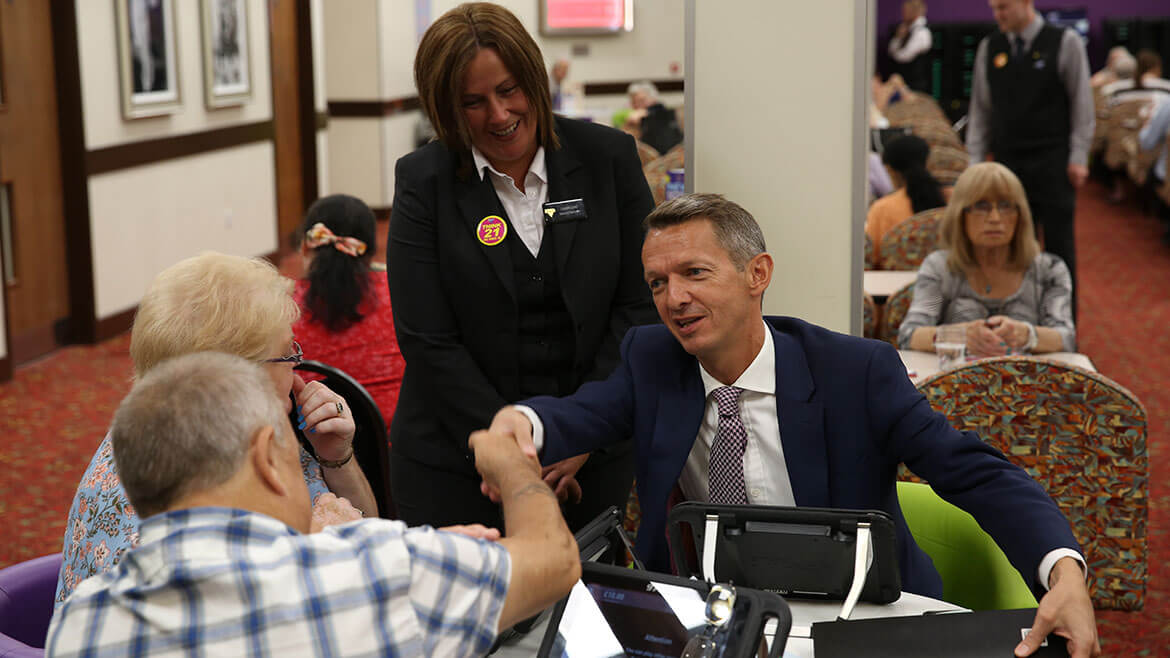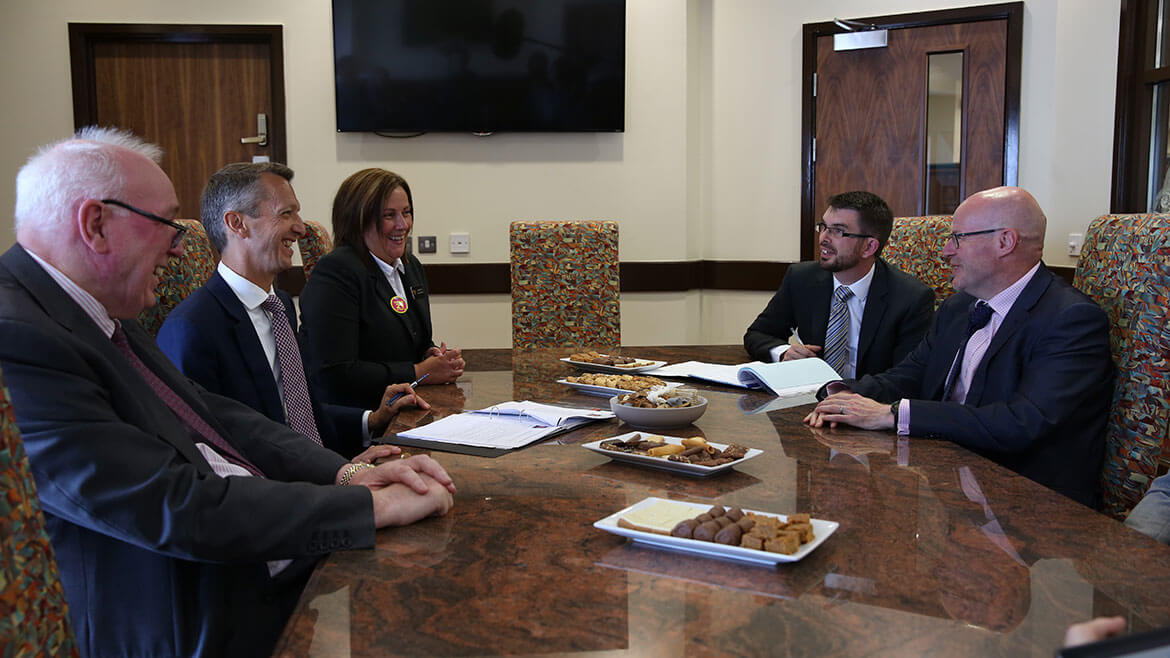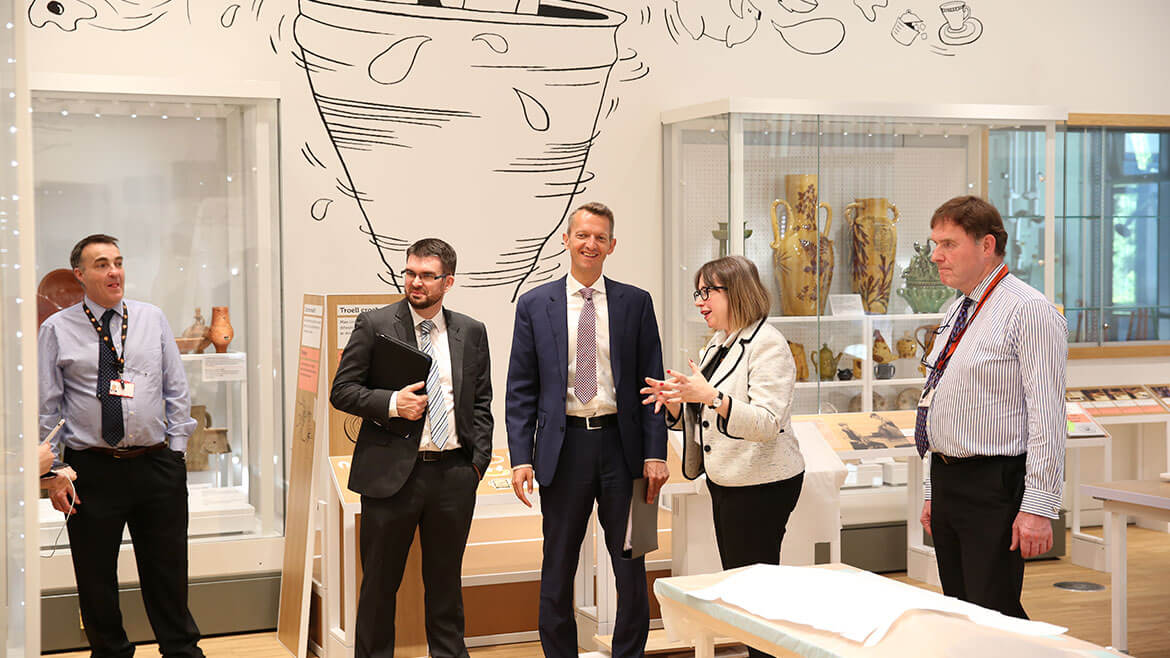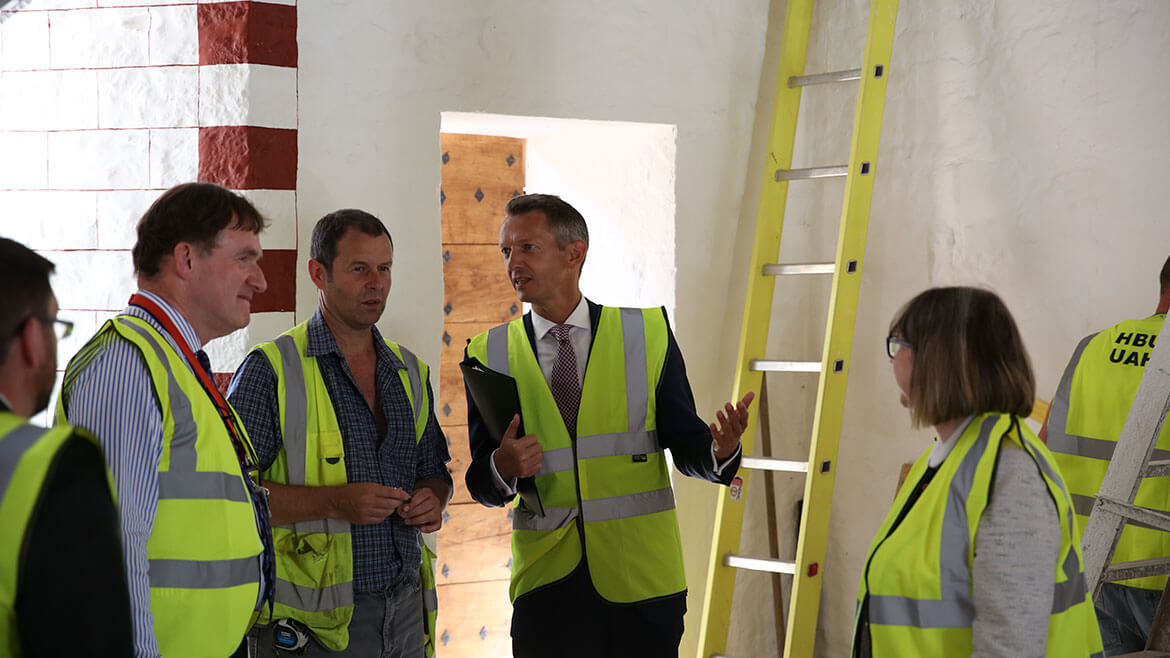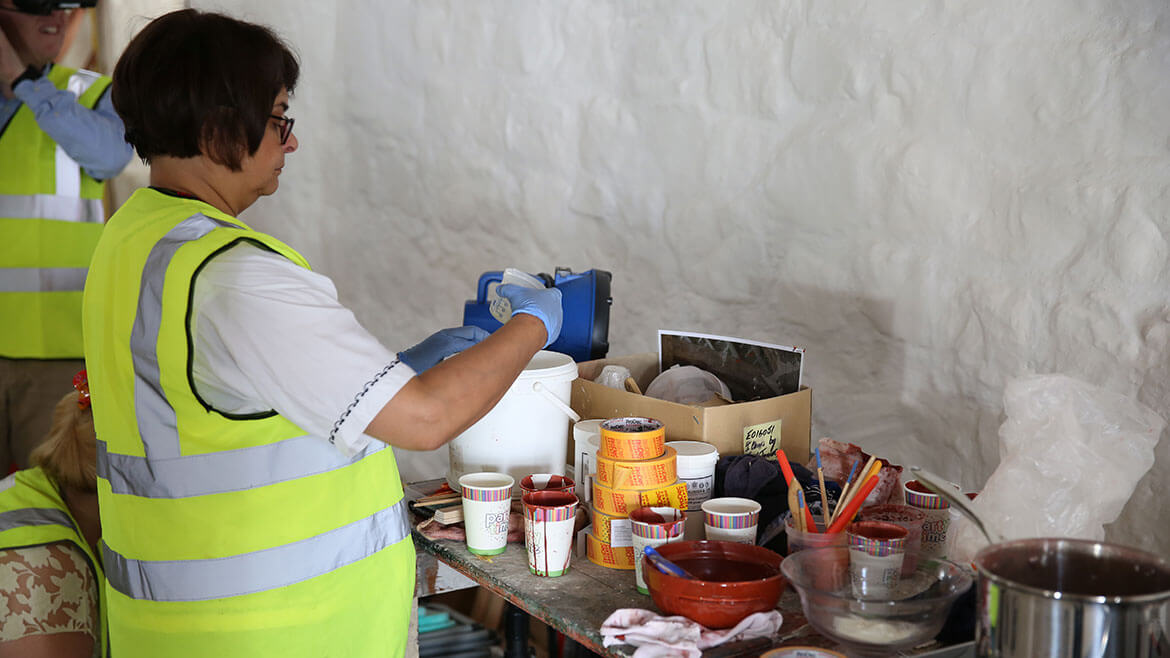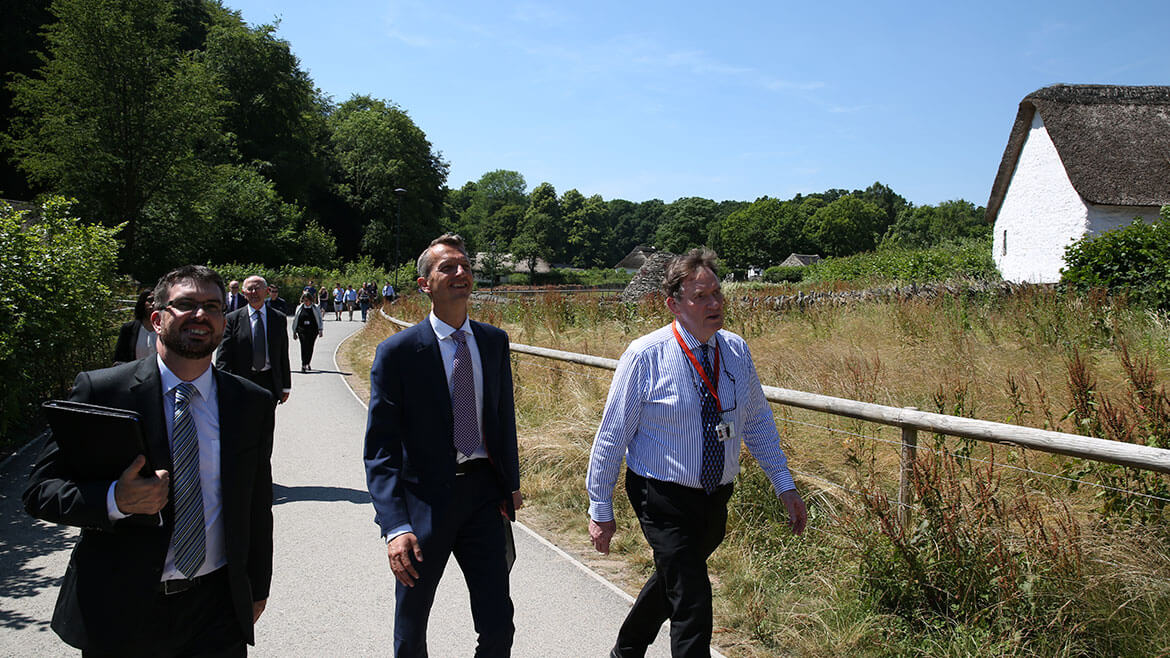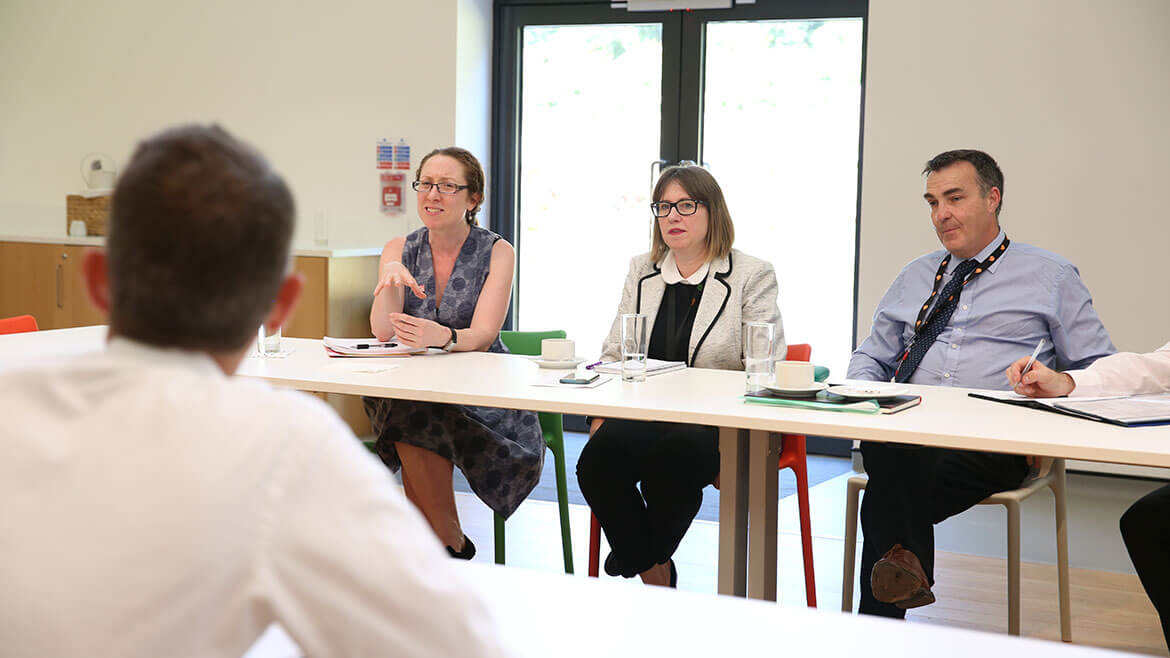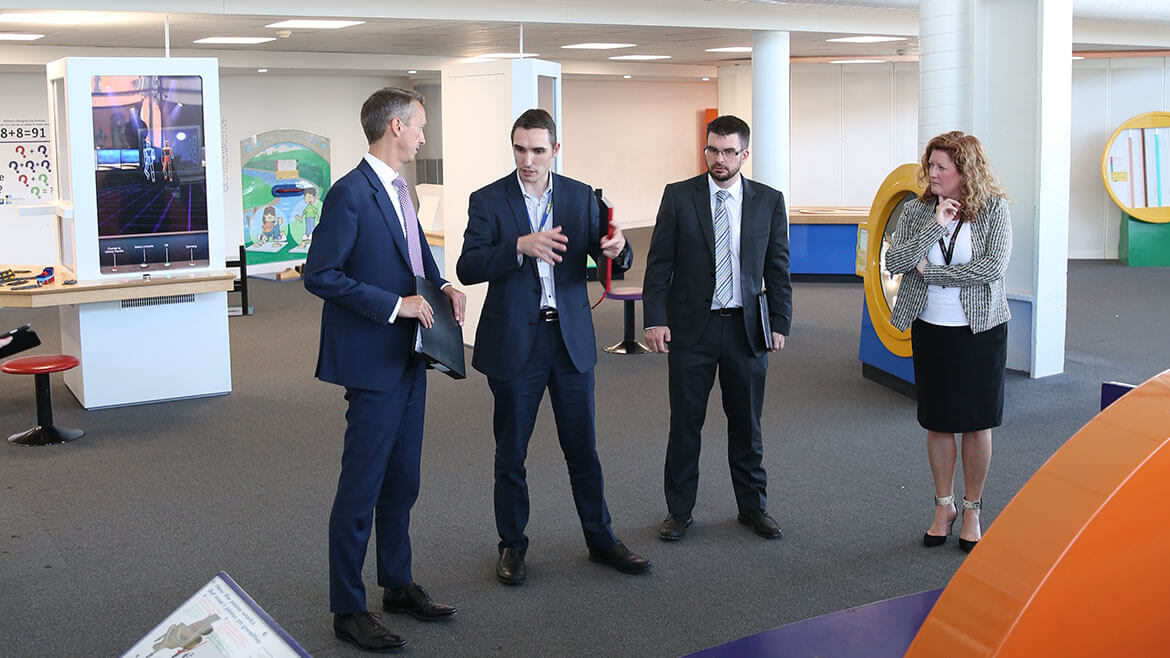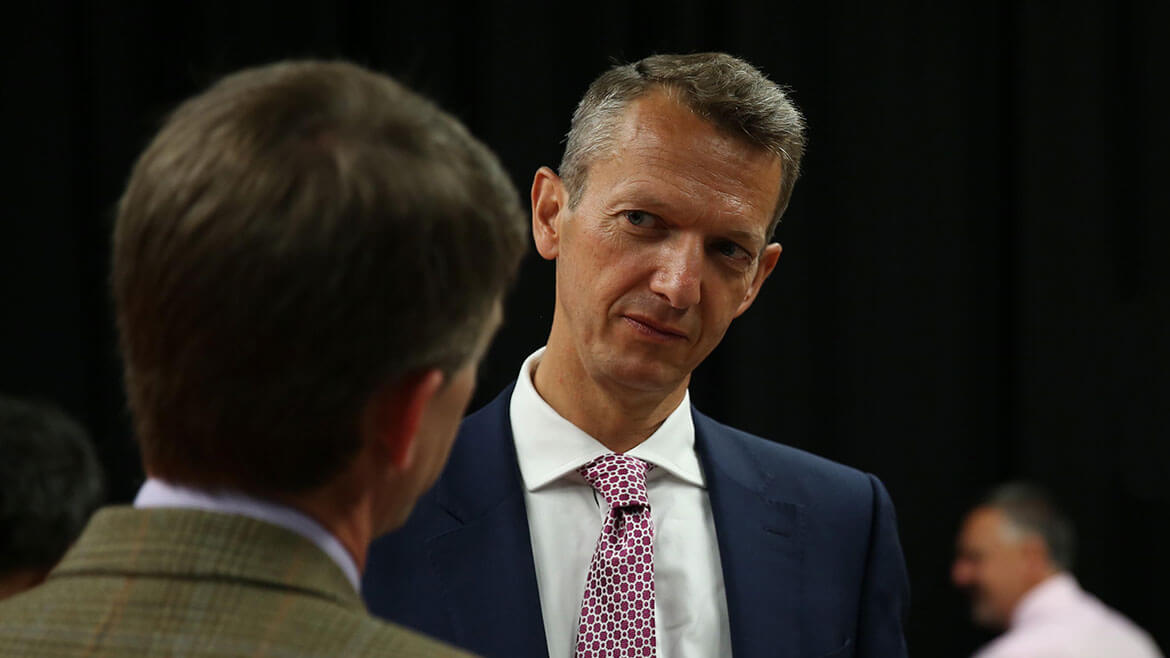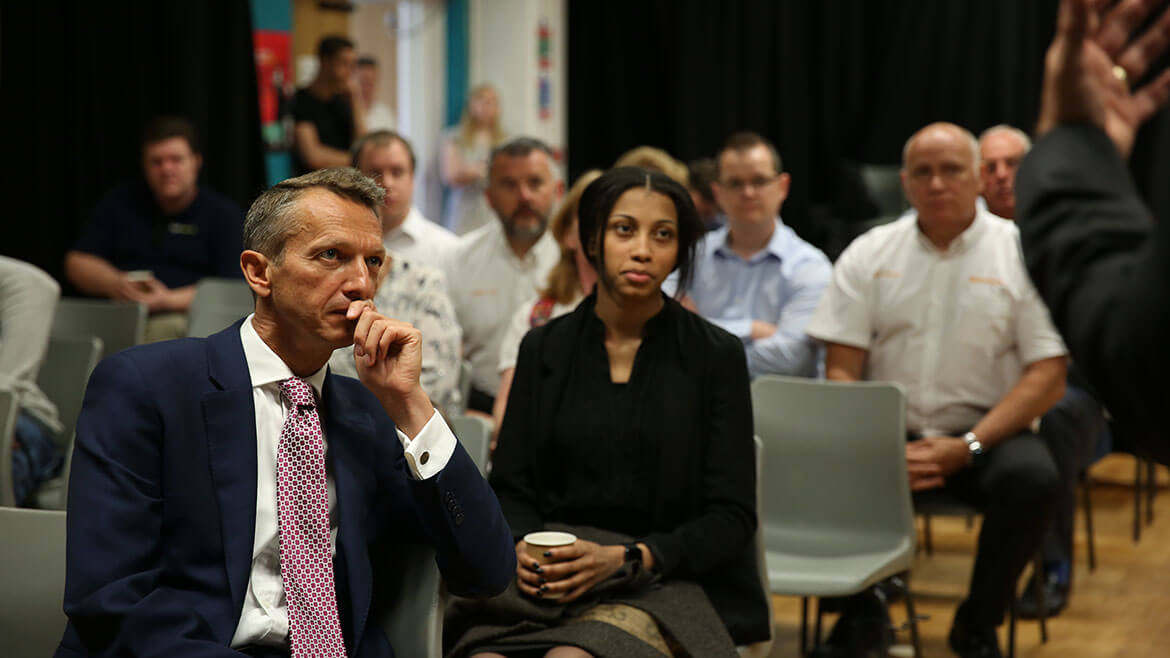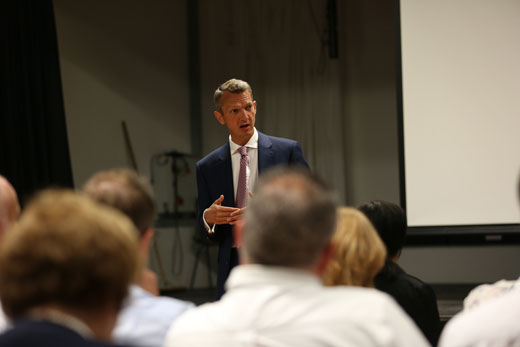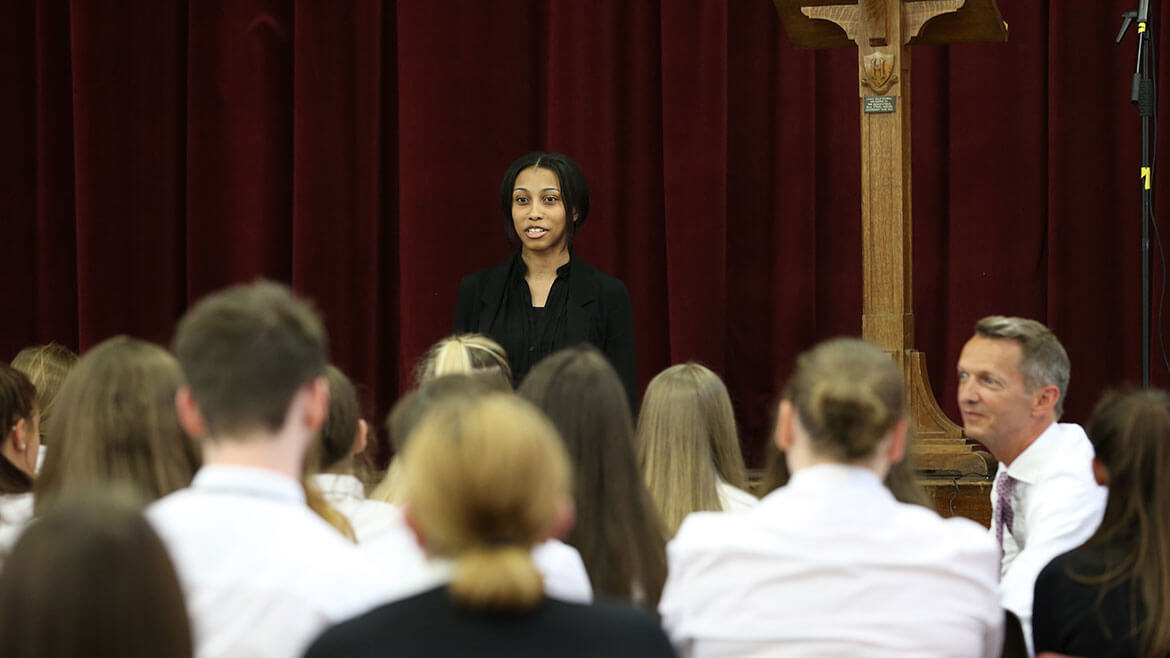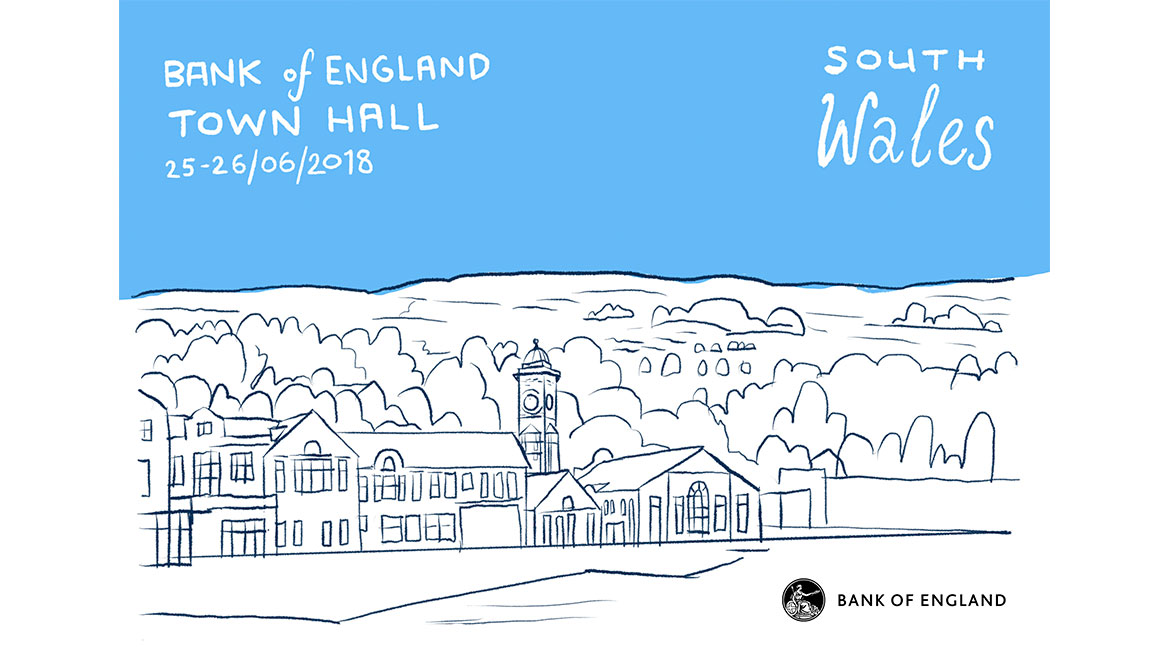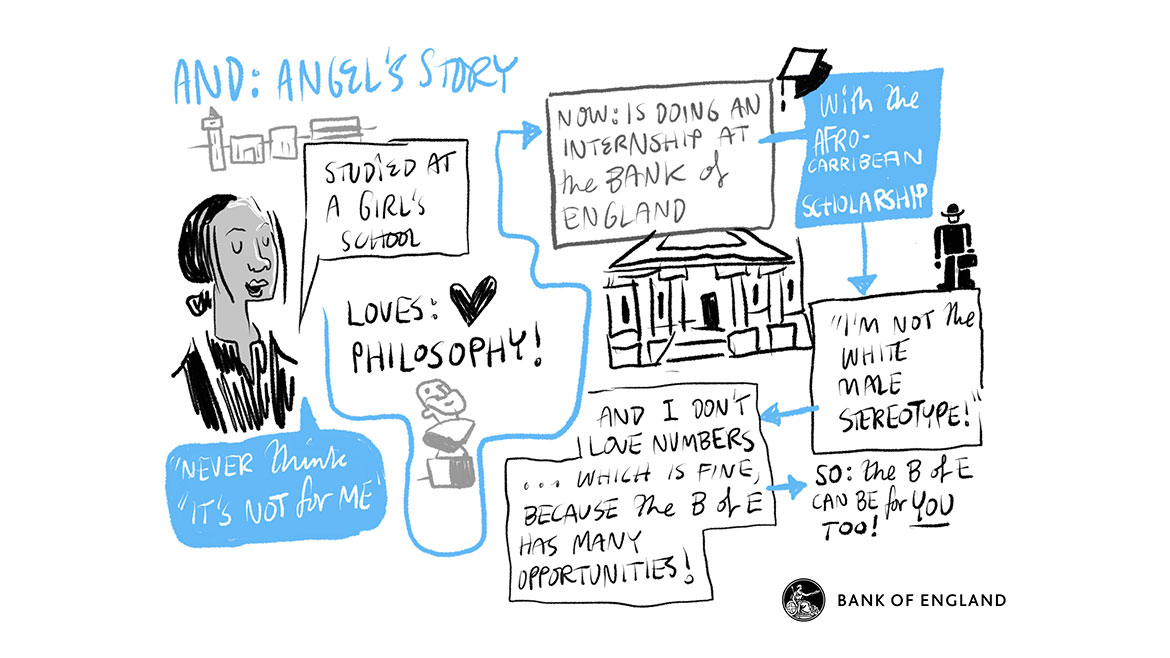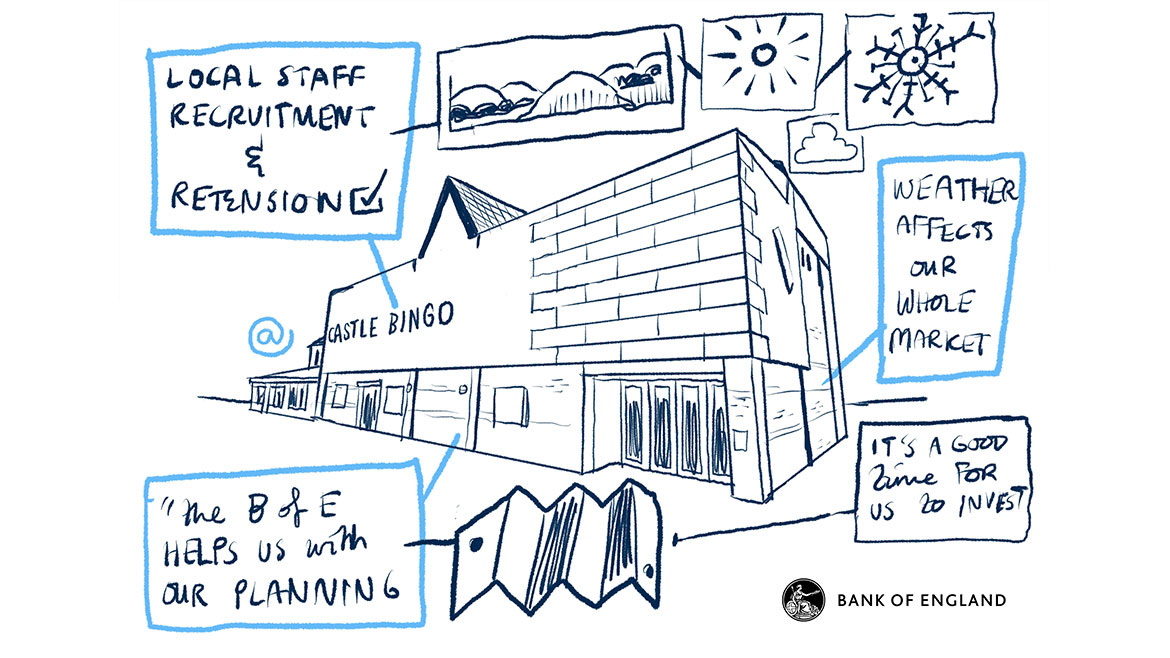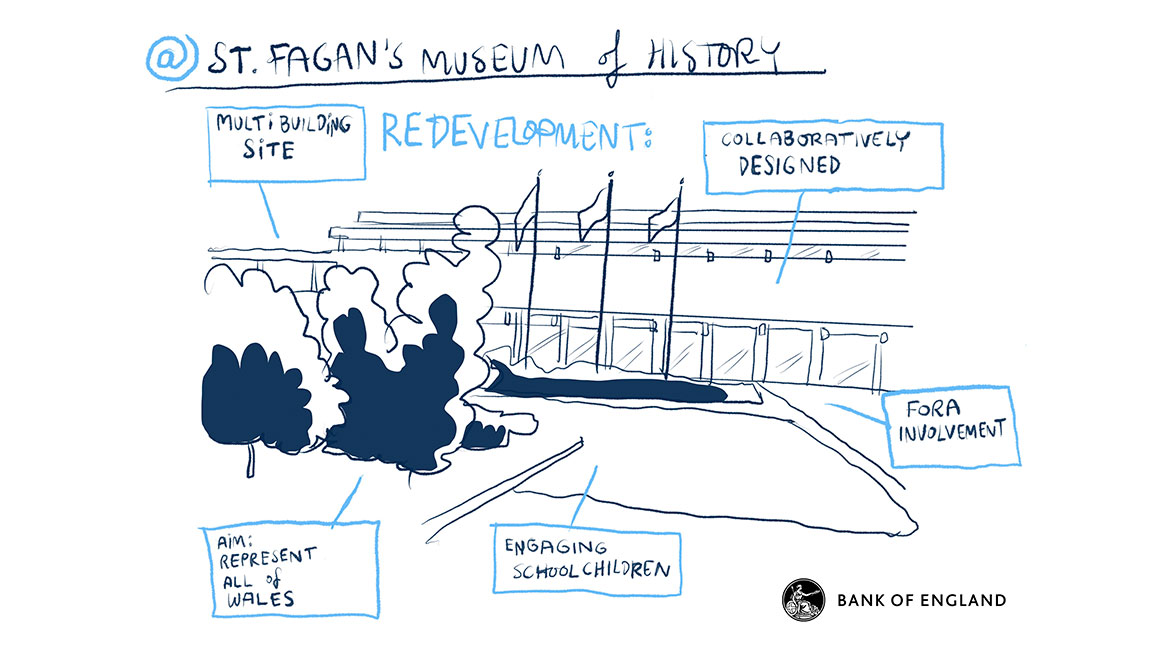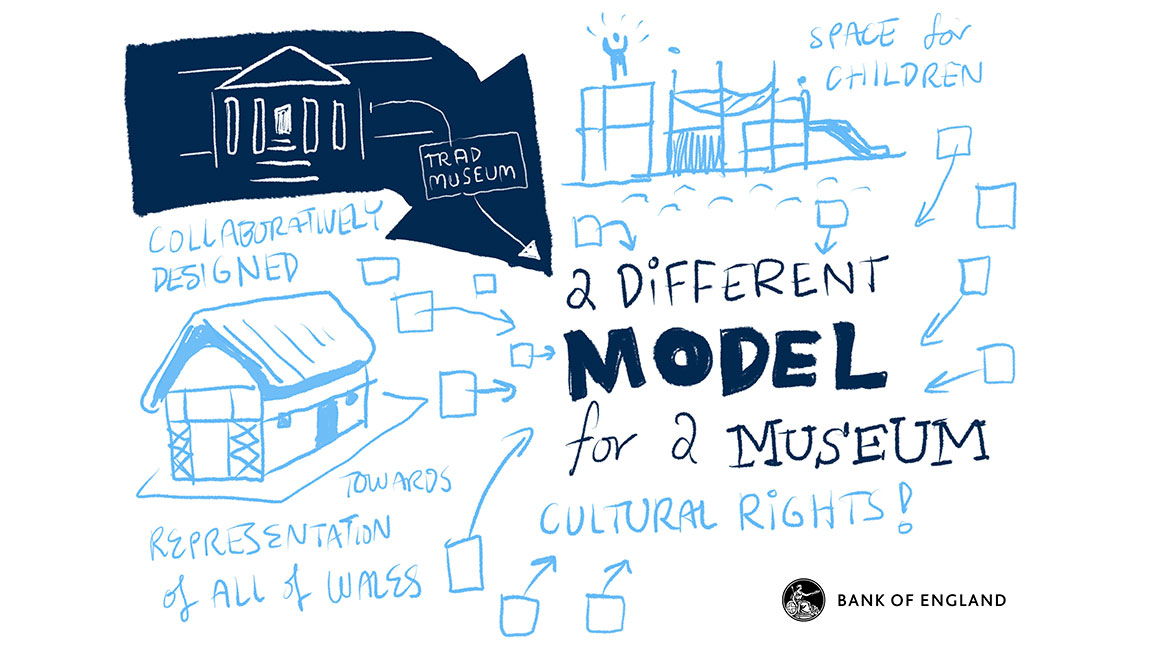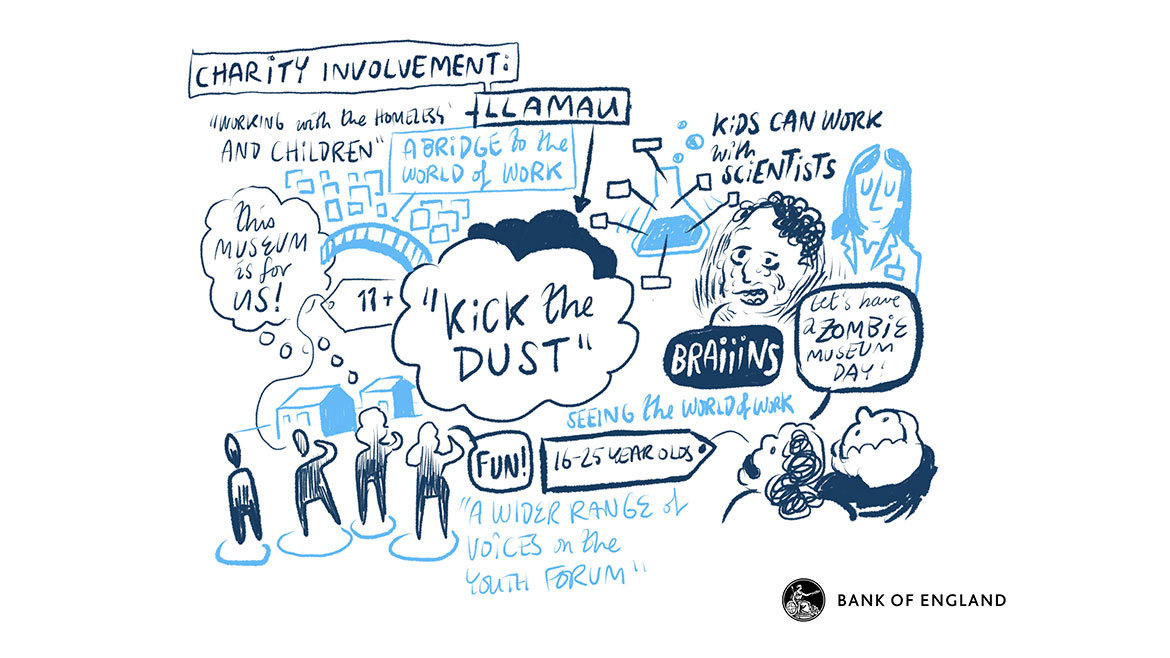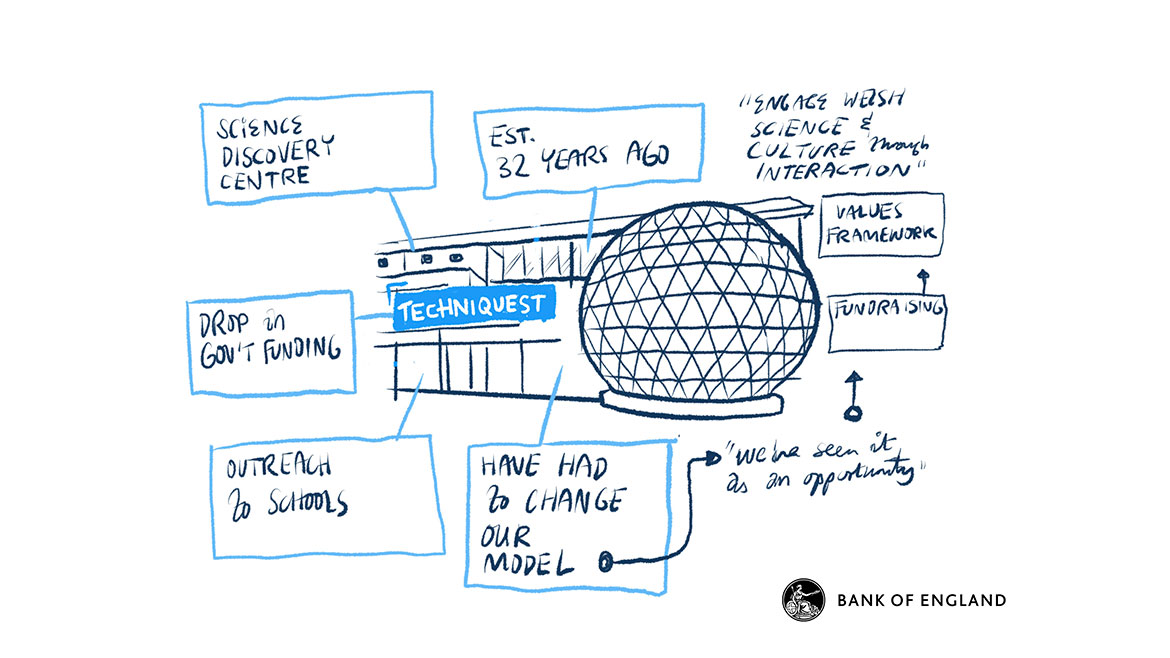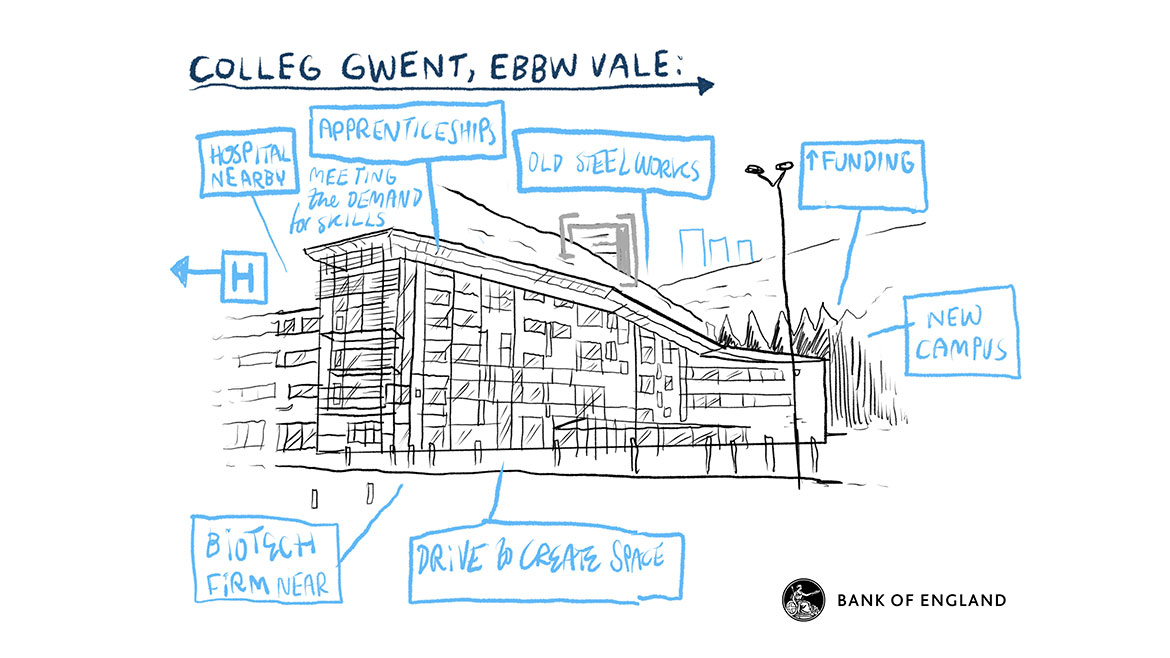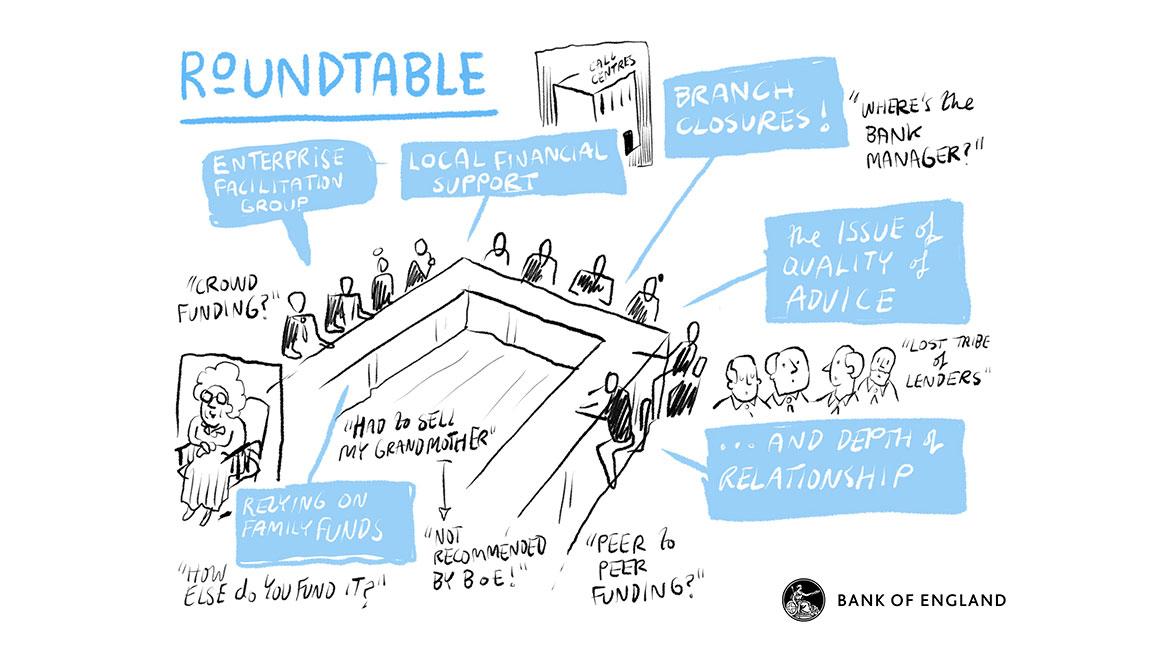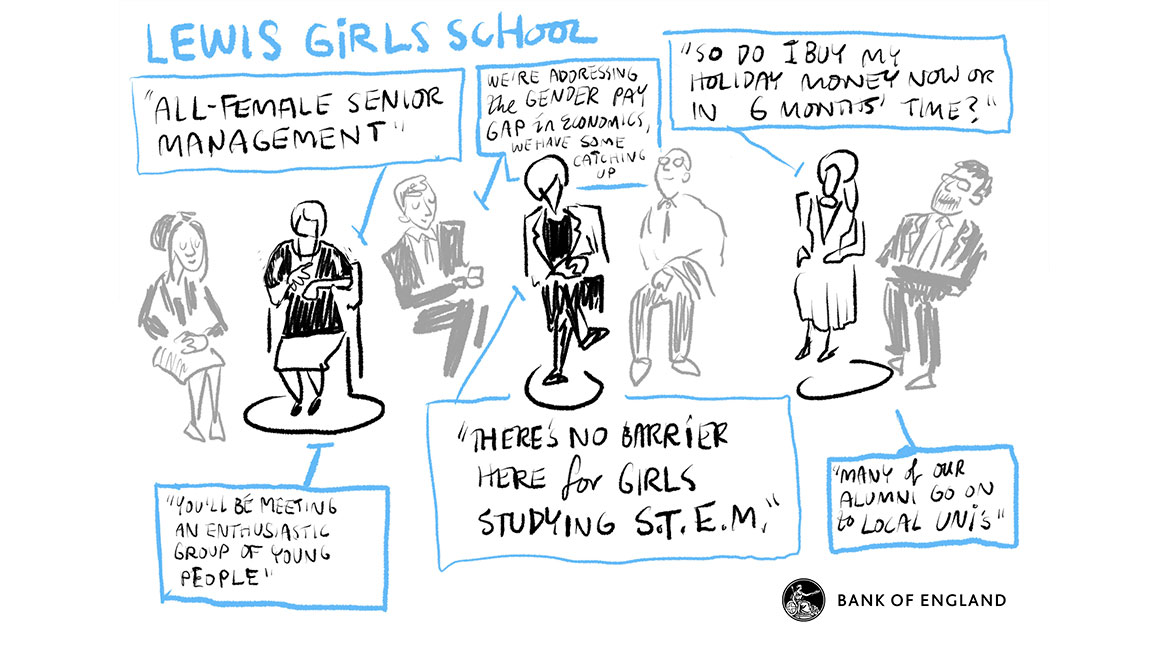I visited South Wales on 25-26 June in the latest of my Townhall Tours. This involved a day in Cardiff and a day in Ebbw Vale.
On paper, these provided quite contrasting pictures of the Welsh economy. Cardiff is one of the UK’s city success stories. Its media, arts, sports and retail sectors are thriving. So too are professional and financial services. The redevelopment of Cardiff Bay has been a remarkable success story. And like many successful cities, Cardiff is benefitting from inflows of people, businesses and capital which are adding to growth momentum.
Ebbw Vale in the Welsh Valleys has, historically, fared less well. At its peak in the 1960s, the local steelworks employed pretty much the whole town. The last of the steel industry companies closed in 2002. And regenerating the town after the loss of its anchor employer has been a slow process. Wages and house prices in the region remain among some of the lowest in Wales. So too are levels of educational attainment. Like many post-industrial cities, Ebbw Vale has struggled to attract people, business and capital.
Having spent the day speaking to local business people, counsellors, educators and charities in Ebbw Vale, I left with a sense of optimism. There are plans to grow advanced manufacturing businesses in the region, taking advantage of the training college which sits on the site of the old steelworks, a faster train line to the main cities and a support plan from the local council. That plan is to turn the region into “Tech Valley”. The economic potential in the region is not yet visible in the statistics, but was clearly audible in my conversations. This underscores the importance of on-the-ground intelligence.

